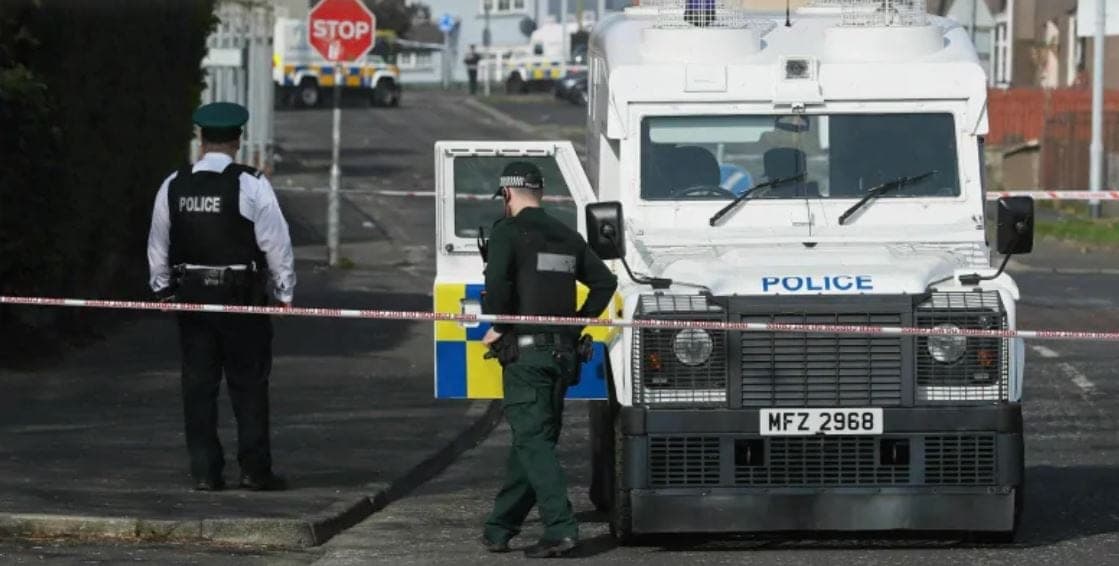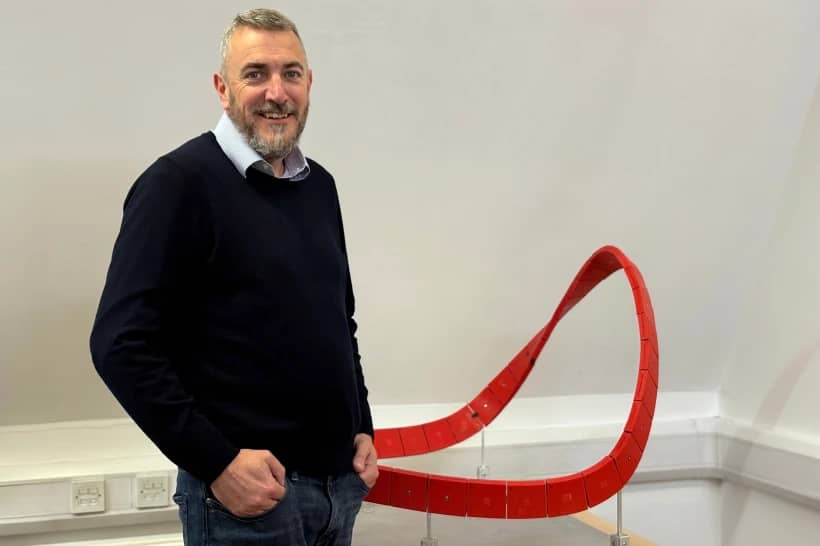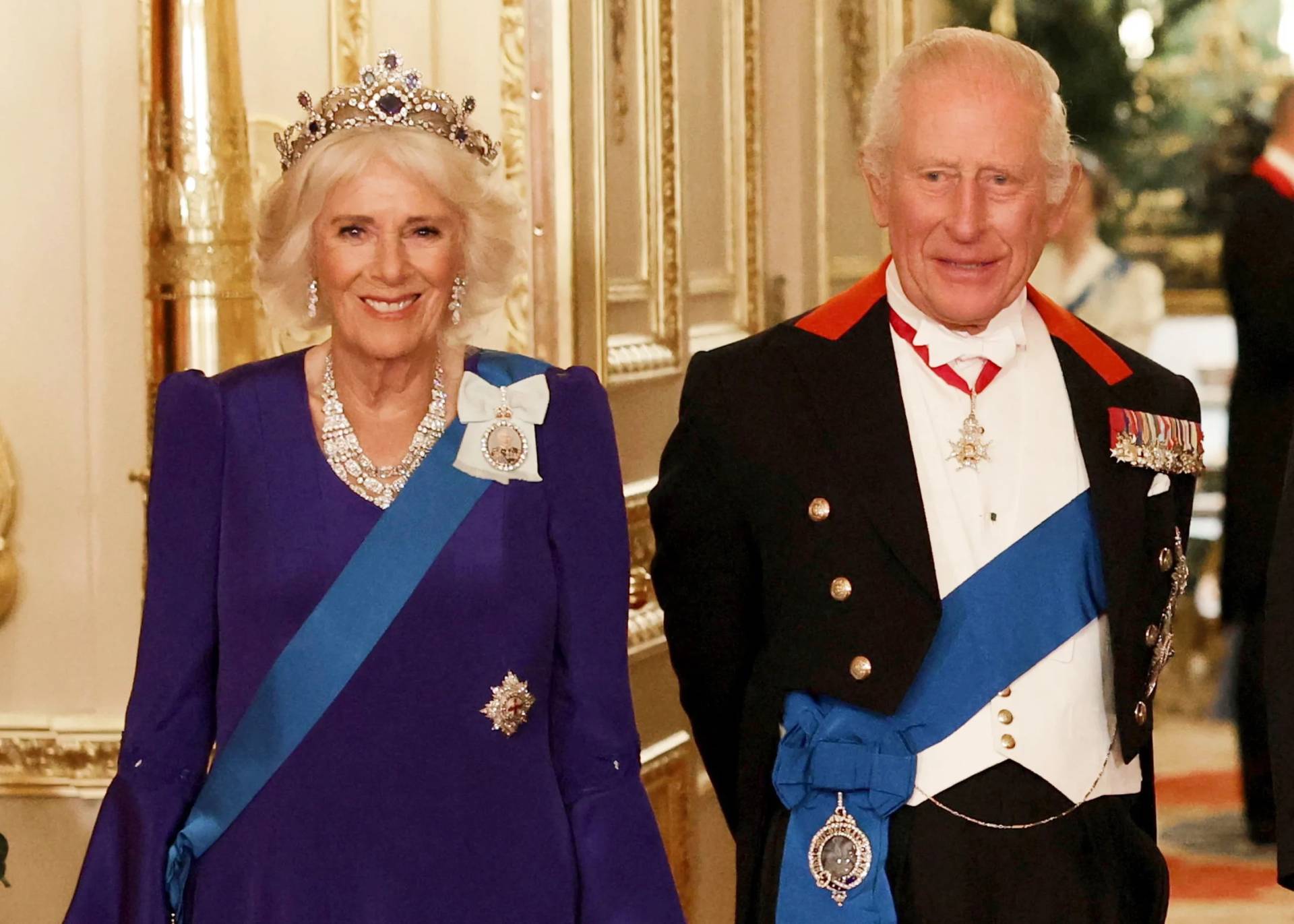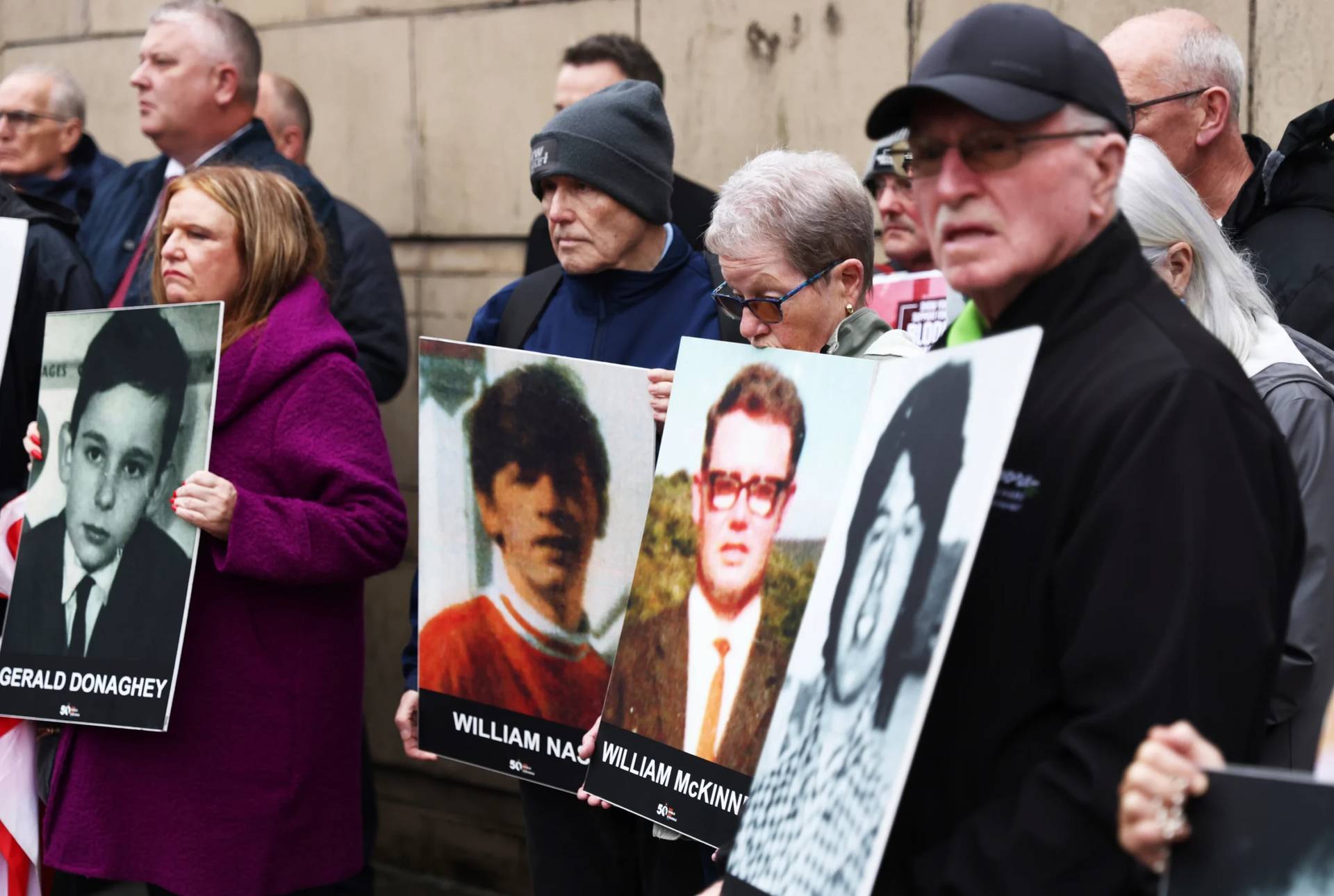ROME – As police in Northern Ireland announced two arrests in Thursday’s deadly shooting of 29-year-old journalist Lyra McKee in Derry, the local bishop said that while he doesn’t foresee violence in the area returning to past levels, young people in the area deserve better.
Speaking to Crux on Good Friday, the day after McKee’s fatal shooting and the day when Catholics around the world commemorate Jesus’ crucifixion and death, Bishop Donal McKeown of Derry said the city was filled with an air “of both sadness and determination.”
Easter, he said, has typically always been a time when dissident republican groups have held marches since it falls near the anniversary of the “Good Friday Agreement” which aimed to bring an end to the violence during the “Troubles” in Northern Ireland, which dominated much of the 1970s, ’80s and ’90s.
However, while marches are normal, the death of a young journalist “has cast a shadow over a city which has made so much progress in recent years and where there are large crowds of tourists.”
“There is a determination that a city which has suffered so much over the decades will not be dragged back to violence,” McKeown said, adding that “Our young people deserve better prospects for a peaceful future. They have enough problems with addiction, mental illness and suicide – they don’t need this as well.”
“Today we stand at the foot of a Cross – but we will not be overwhelmed,” he said.
McKee was fatally shot Thursday night during a police search for weapons in Londonderry’s Creggan estate following intelligence reports that dissident republican groups had planted them in the area ahead of a planned march through Derry on Monday marking the anniversary of the 1916 Easter Rising.
RELATED: Northern Ireland bishop expresses ‘shock, revulsion’ after journalist’s murder
Police called the incident an act of terrorism and have treated it as a murder, launching a full-scale investigation.
On Saturday, the Police Service of Northern Ireland (PSNI) announced that two teenage boys, aged 18 and 19, have been arrested in relation to the shooting and have been taken to a police station in central Belfast for questioning.
In the immediate aftermath of the shooting, police had speculated that the suspects most likely belonged to the New IRA (Real Irish Republican Army), which originated from fringe groups that broke off from the Irish Republican Army after the 1997 Good Friday Agreement.
Considered to be one of the strongholds of the New IRA, Derry was for many years the center of the “Troubles,” characterized by armed conflict between predominantly-Catholic Nationalists pushing for a unified Ireland and mostly-Protestant Unionists seeking to preserve Northern Ireland’s place in the United Kingdom.
Riots in Derry have escalated in recent years. Rallies last summer were widely considered to be among the worst since the Good Friday Agreement was reached, however, McKee’s death has taken it to a new level.
The dispute leading to her death took place against a complex political backdrop, as leaders on the island debate the impact of Brexit. Some fear Brexit could impact the peace deal given that the Good Friday Agreement was in part guaranteed by the fact that both Britain and Ireland were members of the E.U., while others believe dissident IRA groups are exploiting fears of a “hard border” to justify violence.
Responding to fears that Thursday’s riot could be a sign the “Troubles” are returning, McKeown said he thinks the chances are slim, since the dissident groups likely responsible tend to have little support.
Citing a public vigil for McKee held in Creggan Friday, McKeown noted that the gathering was attended by a large crowd, among which were many young people and representatives from different political parties, including Arlene Foster from Northern Ireland’s Democratic Unionist Party; Naomi Long of the Alliance Party, and Mary Hamilton of the Official Unionist Party, as well as members of the leftist Sinn Fein Party and the Social Democratic and Labor Party.
According to McKeown, the presence of so many people at the vigil “spoke of a community that wants to stand together against such violence. It is a strong community that will put pressure on those who have brought violence into the community.”
While he acknowledged that the prospect of Brexit, the absence of a local administration and the impending government elections to be held in May have all created uncertainty, he insisted “there is no prospect of a return to the levels of violence from decades ago.”
“This is the Taliban wing of the republican movement. They have very little support,” he said, but cautioned that in seeking to exploit disaffection among young people, “they are a danger to many.”
Speaking of what role the Catholic Church can play, McKeown said local clergy have sought to maintain contact with fringe groups, “but some of them are beyond reasoning and engagement.”
“Local and diocesan leadership will continue to be open to conversations and contacts – and be ready to condemn violent actions that terrorize their own community,” he said, adding, “We will continue to isolate and condemn nobody – but we will be robust in condemning actions.”
















